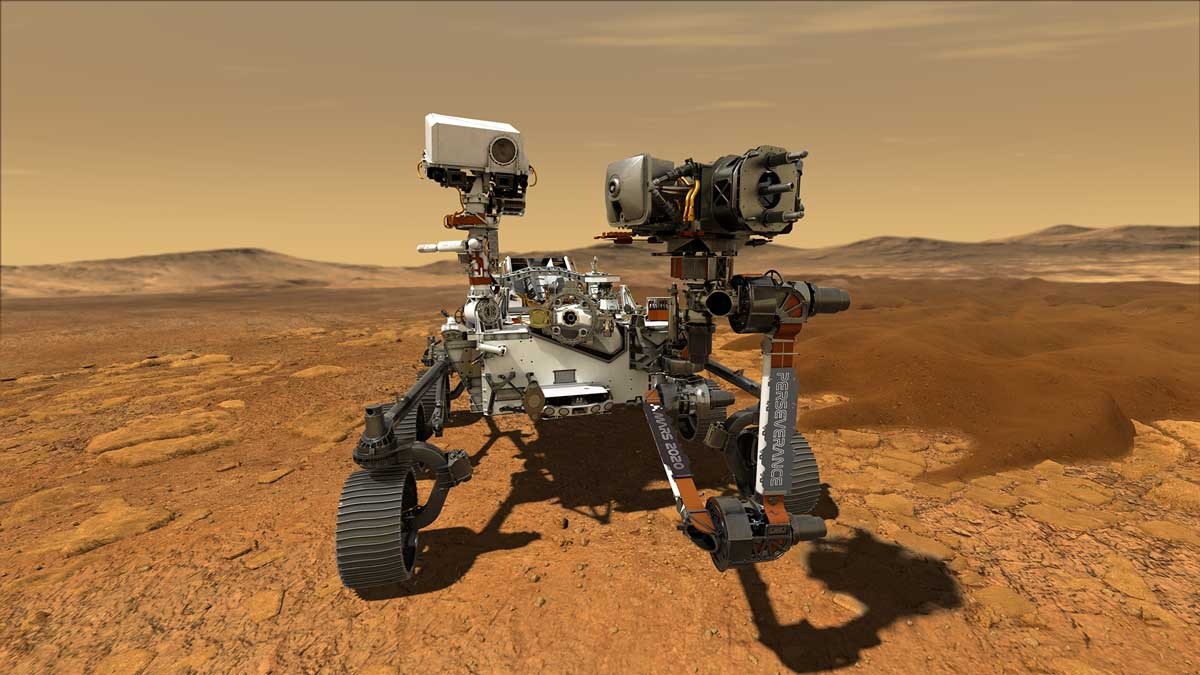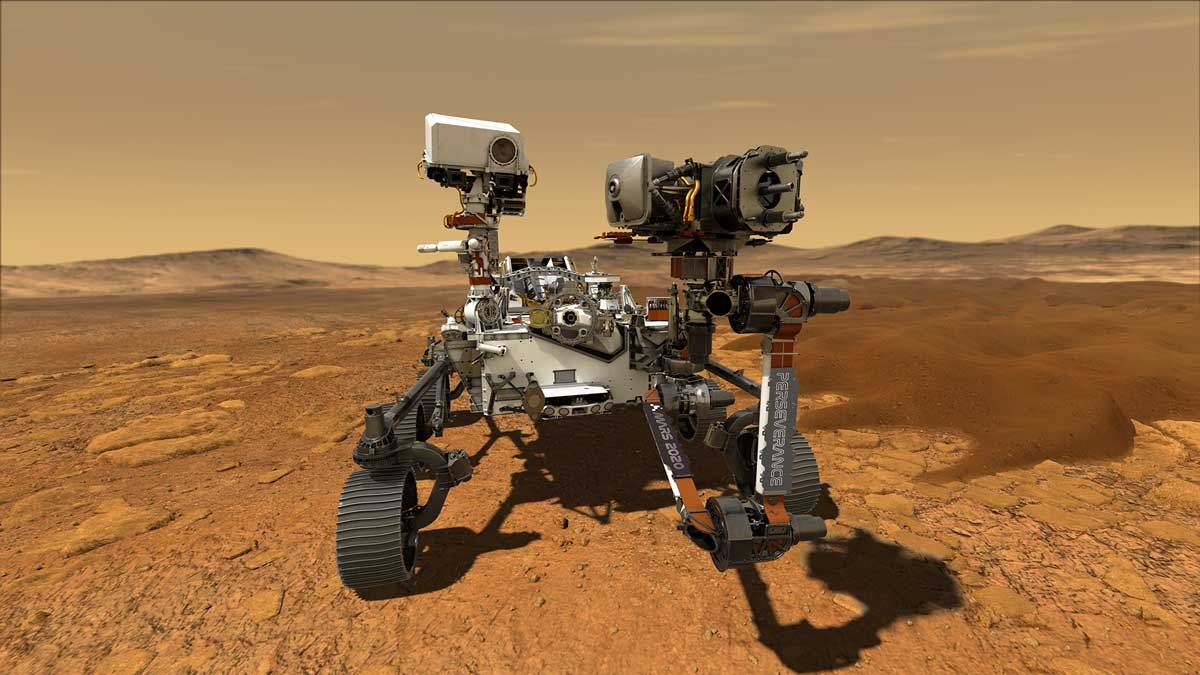Humans have been working tirelessly to search for extraterrestrial life. Scientists believe liquid water may exist in more than one celestial body in the solar system. They also found amino acids, one of the basic building blocks of life, in meteorites from time to time. The existence of extraterrestrial microorganisms seems possible. In the future, if an astronaut travel to other celestial bodies, and even bring the collected rocks back to Earth, then it is possible to make contact with the extraterrestrial microorganisms composed of special amino acids. If these microorganisms are ingressive, can the human immune system respond effectively against them?
Scientists used mice as a test subject to examine the responses of mammalian immune systems to the peptides composed of two amino acids commonly found on meteorites. It was found that when mouse T cells, which are crucial to the immune responses, were exposed to the peptides, the activation level was only 15% and 61%, which was less efficient compared with their responses to peptides composed of common amino acids on Earth. This means that when humans come into contact with extraterrestrial microorganisms, the immune system may not be able to respond effectively, increasing the potential risks of space exploration missions.
More information: http://www.exeter.ac.uk/news/homepage/title_807010_en.html




